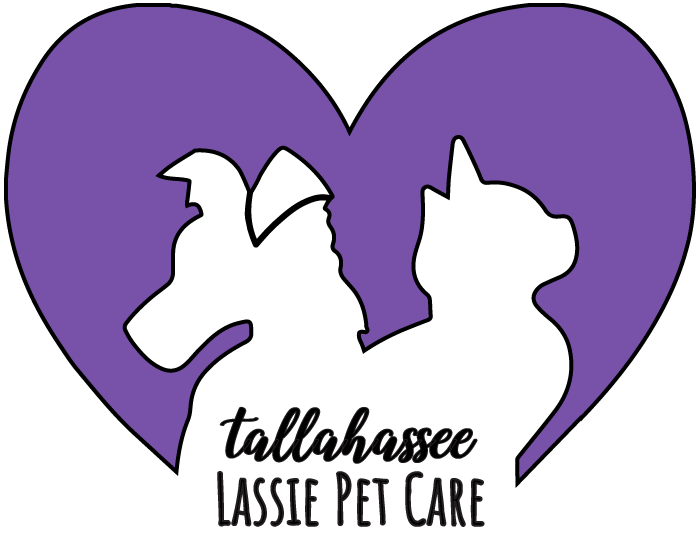Plants Toxic to Pets
With the holidays approaching, it’s always a good time to think of plant safety around your pets. While this is not the most comprehensive list, there are some plants that are extremely toxic to cats and/or dogs. If ingested, please contact your local emergency animal clinic and call the Pet Poison Helpline at 855-764-7661
Plants toxic to cats
Lilies Extremely toxic to cats, causing kidney failure even in small amounts. Ingestion can lead to vomiting, lethargy, and kidney damage.
Tulips and daffodils Ingestion can cause gastrointestinal upset, drooling, and in some cases, more severe symptoms like heart problems or difficulty breathing.
Azaleas and Rhododendrons These plants can cause vomiting, diarrhea, difficulty breathing, coma, and potentially death if ingested by cats.
Dieffenbachia (Dumb Cane) Eating this plant can result in oral irritation, intense burning, and irritation of the mouth, tongue, and lips, causing excessive drooling and difficulty swallowing.
Oleander Extremely toxic, causing symptoms like gastrointestinal upset, abnormal heart function, hypothermia, and potentially death if ingested by cats.
Chrysanthemums Ingestion can lead to gastrointestinal upset, excessive drooling, vomiting, and diarrhea in cats.
Plants toxic to dogs
Aloe Vera Ingestion can cause vomiting, diarrhea, tremors, and changes in urine color in dogs.
Philodendron Chewing on this plant can result in irritation and swelling of the mouth, tongue, and lips in dogs, causing drooling, difficulty swallowing, and vomiting.
Jade Plant (Crassula Ovata) If ingested by dogs, it can cause vomiting, depression, and incoordination.
Sago palm Ingestion of any part of this plant can be deadly for dogs, causing vomiting, diarrhea, seizures, liver failure, and potentially death.
Castor bean Its seeds are highly toxic to dogs and can lead to abdominal pain, drooling, vomiting, diarrhea, excessive thirst, seizures, and even death.
Autumn Crocus This plant can cause gastrointestinal bleeding, liver and kidney damage, seizures, and death in dogs if ingested.
These are just a few examples, but it's crucial to research any new plants before bringing them into a home with pets. Prompt veterinary care is essential if you suspect your pet has ingested something toxic. My personal protocol would be to get your dog to the nearest hospital, and call them when you are on the way!
Stay Pawsome!
Carla
Are you interested in becoming a new client? Sign up here! Request to Join Tally Lassie Pets!

